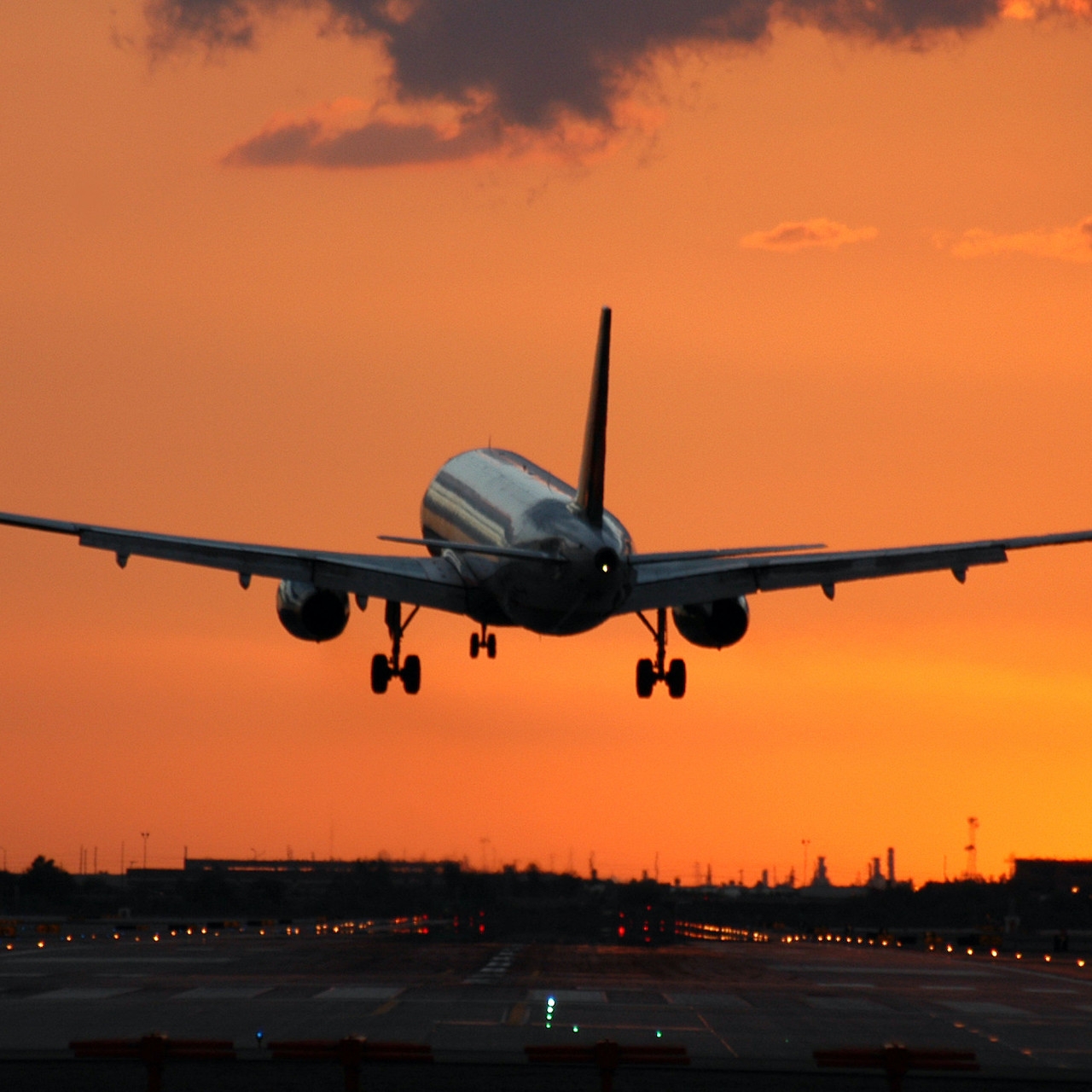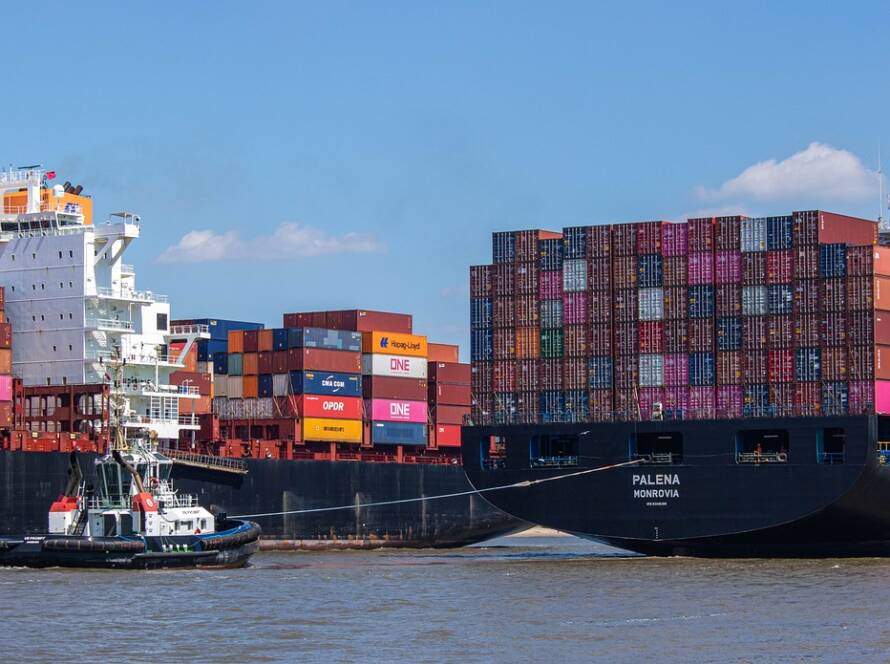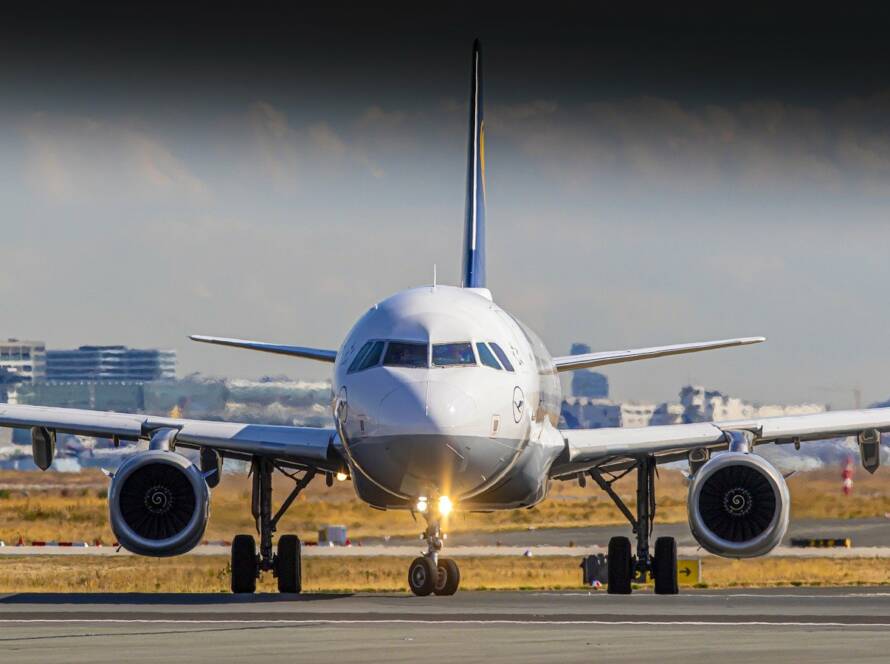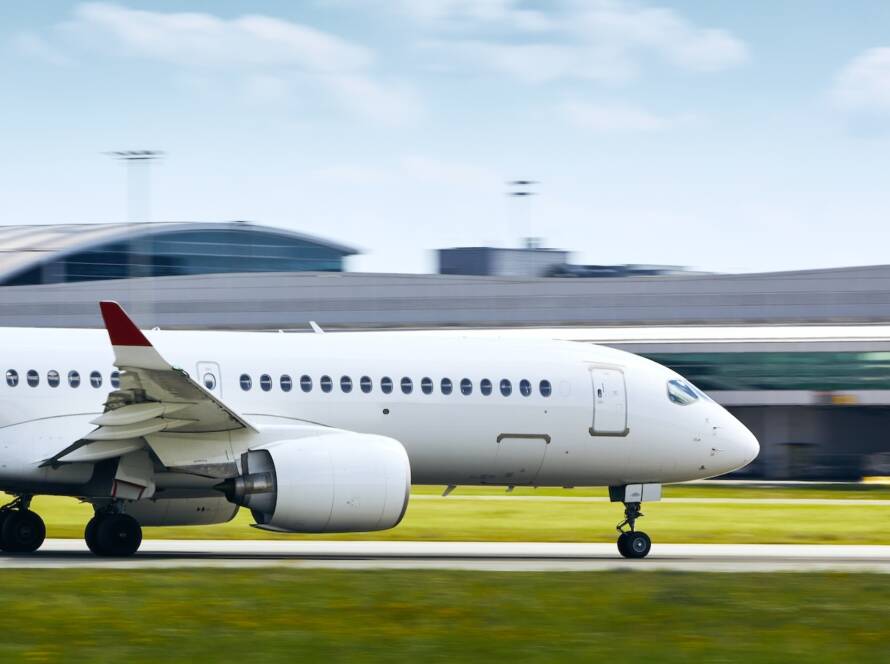Italian Phase 2 for Aviation Sector

Following the several law provisions issued during the health emergency by the Italian Government (dedicated to the containment of the diffusion of Covid-19), the latter issued a DPCM (Prime Minister’s Decree) on May 17, 2020 in order to launch and regulate the so called Phase 2 of the Covid 19 health emergency period.
With such Decree the Government confirmed some of the former provisions set forth in order to contain the spread of the emergency on the Italian territory.
On these grounds and with specific regard to the aviation sector, under Article 4 gazetted as “Disposizioni in materia di ingresso in Italia” (Provisions on the entrance in Italy), it has been stated that those who intend to enter in Italian territory shall provide the carrier with a self-certification indicating:
- the reasons which justify the entrance in Italy (which, according to Law Decree No. 33/2020 shall be proven occupational needs, absolute urgency reasons or health reasons or in any case reasons allowed by the emergency regulations issued by the Government in the pandemic period);
- the details of the address where the relevant fiduciary isolation (14 days) will be spent and the details of the means of transport by which such address will be reached;
- the phone number at which receive communications by the relevant Health Authority relating to the fiduciary confinement.
According to Article 5 of the mentioned DPCM, such self-certification shall be provided even by those subjects who are planning a short stay for work requirements (i.e. a 72 hours stay in the Italian territory, save the case in which occurs a justified extension of further 48 hours). Such passengers shall provide, in addition to the above information, the details of their departure within the above time limit.
The carrier shall, not only receive such documentation but verify the latter before the boarding of the relevant passenger. The carrier shall therefore deny the boarding to those passengers who:
- are experiencing a febrile state (by measuring the passengers’ temperature); and/or
- do not provide the entire set of documents above indicated.
Please note that the above mentioned provisions on the carrier, do apply even to those passengers who only transit in the Italian territory in order to reach their final destination in a different State.
With regard to the management of the transportation, the carrier shall apply those provisions set forth by the Shared Ministry Protocol for the containing of the Covid 19 emergency (Annex 14 of the DPCM dated May 17, 2020). According to such Protocol the carrier shall (among other obligations):
- ration the sale of the tickets in order to keep the interpersonal distance of at least 1 meter for the duration of the transport;
- where physical distancing is more difficult to ensure, additional safeguards and measures leading to equivalent levels of protection should be put in place;
- sanitize and hygenize the aircrafts frequently (on the basis of the passengers traffic even several times a day);
- strengthening ventilation, hospital air filtering and vertical airflow;
- establish procedures to manage the boarding and disembarking of passengers that ensure that passengers will keep the interpersonal distance of at least 1 meter;
- provide that the crew limits the contact with passengers and, in any case, use protective masks and gloves;
- provide that the passengers use protective masks;
- limit the possibility for the passengers to move inside the aircraft to the essential needs;
- in long range flights, install disinfectant’s dispenser;
- establish procedures to manage crew members or passengers who should show a febrile state during transport.
Such measure may be found even in the package of guidelines and recommendations set forth by the EU Commission and issued on May 13, 2020, in order to “safely resume travel and reboot Europe’s tourism in 2020 and beyond”. The EU Commission, indeed, aims to help Member States, while respecting necessary health precautions, to gradually lift travel restrictions and allow tourism businesses to reopen. With this purpose the EU Commission’s package includes:
- an overall strategy;
- a common approach to restore free movement in a coordinated way;
- a framework to support the re-establishment of transport;
- common criteria to safely restore tourism activities.
With this purposes and with specific attention to the air carriers, the Commission together with the competent authorities announced that it will put forward in the coming weeks technical operational guidelines “to facilitate a coordinated approach and assist national aviation authorities, airlines, airports and other aviation stakeholders”. Further to what already stated in the above mentioned national Law, such guidelines should include:
- limiting contamination risks along the travel process (e.g. avoiding concentration of passengers, limiting interaction on board, exploring the most appropriate allocation of seats based on technical constraints, and prioritising electronic documents and means of payment);
- reducing movement in the cabin (e.g. less cabin baggage, fewer interactions with the crew);
- adequately managing passenger flows (e.g. advise on early arrival time at the airport; prioritising electronic/self-check-in; ensuring distancing and minimising contacts at baggage drop-offs, security and border control points, at boarding, and during baggage collection);
- providing accessible information on airport processes to passengers in advance of travel.
Finally, please note that particular attention has been paid to the potential cancellation of the journey by the operators (among which the air carriers). Indeed, the EU Commission recommended that those who operate in the aviation sector shall “make travel vouchers an attractive alternative to cash reimbursement” by:
- making them redeemable at the latest 12 months after they have been issued;
- ensuring that such vouchers can be used for travel on same route and under same conditions;
- ensuring they can be used for new bookings and make them transferable to another person without any additional cost.
Moreover, the UE Commission recommended that the vouchers should be protected (e.g. by the relevant State Member) against the insolvency of the transport company at the outcome of the 12 months period.
With this regard please note that under the provisions set forth by the Italian Government, operators are allowed to issue vouchers, obviously of the same amount of the price paid by the customers, but Italian provisions do not provide that such vouchers shall be redeemable at the end of their validity period.
This, as per the formal letter dated May 15, 2020 by the EU Commissioners for Justice and for Transport (Didier Reynders e Adina Valean), may cause that Italy (together with several other EU Member States which set forth similar provisions) will be subject to an infringement proceeding in case of failure in complying with the European provisions which ensure the customer choice between a voucher and the refund of the price paid.






